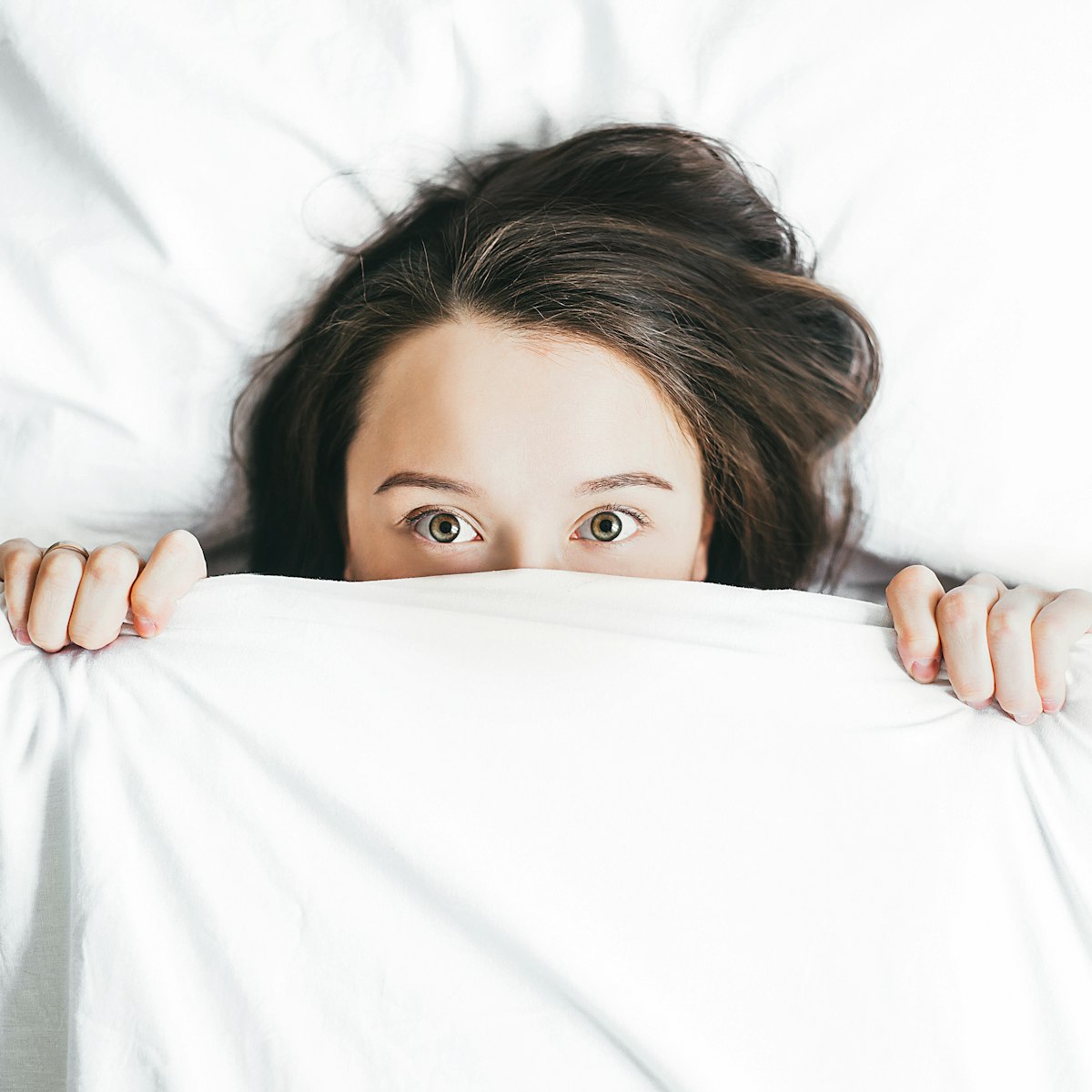Insomnia - Causes, Symptoms, and Treatments

If you have insomnia, there are several things you can do to improve your sleep. Staying in bed longer than eight hours a night is not recommended. This can cause fragmented sleep. Your bedroom should be dark, quiet, and well-controlled. Limit your intake of caffeine, nicotine, and alcohol, and talk to your doctor if you are taking prescription medicines for insomnia. Try to exercise regularly in the evening, and avoid screens one hour before bed.
Hyperarousal
Insomnia and restless REM sleep are associated with slow resolution of emotional distress. Ideally, this association should be for emotional distress that persists for more than a day and is not resolved during the day. During consolidated REM sleep, we experience successful resolution of emotional distress overnight. Restless REM sleep interferes with nocturnal processes, resulting in increased reports of long-lasting emotional distress.
Physical conditions
The causes of chronic insomnia are numerous and include medical issues like allergies, benign prostatic hyperplasia, gastroesophageal reflux disease, and asthma. Other factors contributing to sleeplessness include Parkinson's disease and Alzheimer's disease. Beta-blockers, also known as anti-anxiety drugs, can also cause insomnia. Although there is no single cure for insomnia, medications can help treat the condition.
Psychological conditions
Psychological conditions of insomnia may affect one in five people at some point in their lives. While these conditions can be a cause or symptom of insomnia, they are not the only ones to be considered. Up to 50% of people who experience insomnia have depression, anxiety, or psychological stress. In addition to psychological stress, insomnia may signify other mental illnesses, including mania, PTSD, or anxiety.
Age-related changes in the circadian rhythms
Older adults are prone to insomnia as their sleep and circadian rhythms change. In addition to affecting sleep quality, age-related changes in the circadian rhythms also result in increased daytime sleepiness, decreased slow-wave sleep, and decreased REM sleep. These changes impair normal circadian activity and function and are linked with poorer cognition and disease susceptibility.
Medications
Some of the most popular medications for insomnia are antihistamines. These drugs are found in over-the-counter sleep aids and can cause dizziness, constipation, and nausea. Medications that stimulate GABA-A receptors in the brain can also have other side effects, such as impaired memory, daytime drowsiness, and potential abuse. However, if you're having trouble sleeping, you should consider speaking with a physician to determine which drugs may be right for you.
Lifestyle changes
While insomnia isn't the most attractive condition to treat, lifestyle changes can help people overcome it. For instance, if you tend to wake up early and can't sleep, try reading a book or doing some light stretching. These activities can take your mind off your problem and help you relax before bed. Additionally, try to establish a regular bedtime routine. You can take a hot bath or go for a walk in the evening. If this isn't possible, try practising meditation or relaxation exercises. If possible, wake up at the same time every day. This way, you'll know exactly what to expect from sleep at night.



